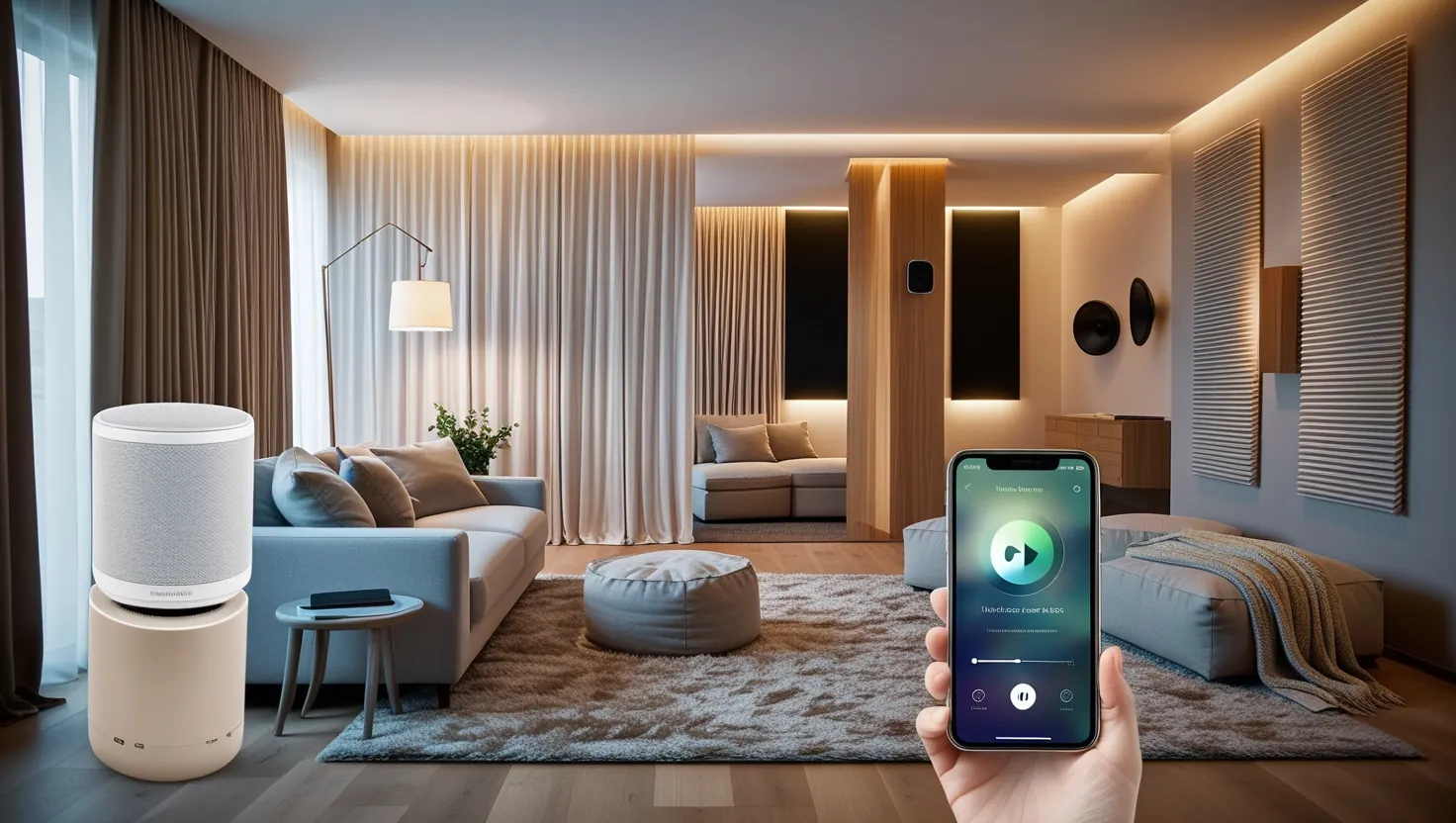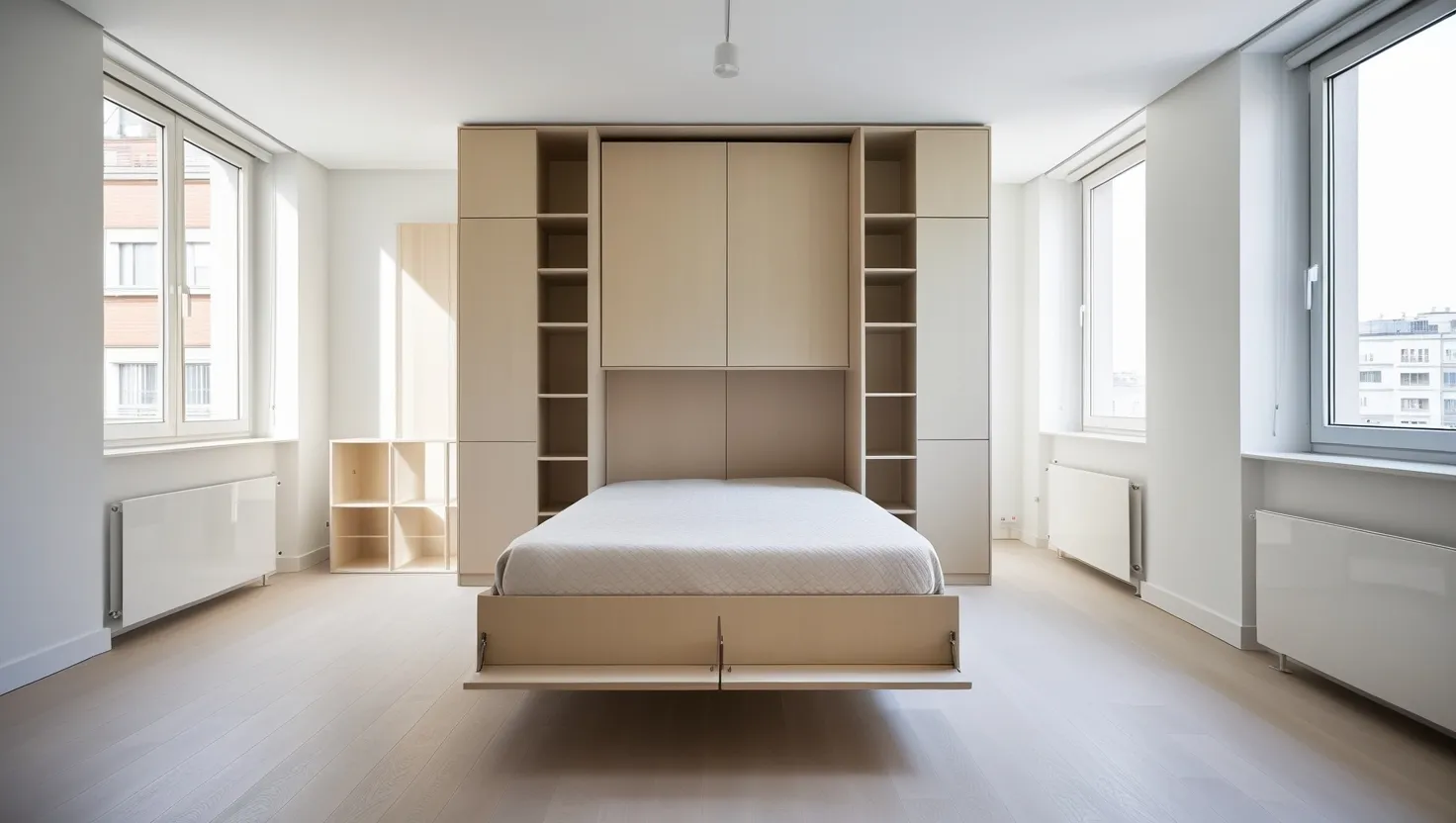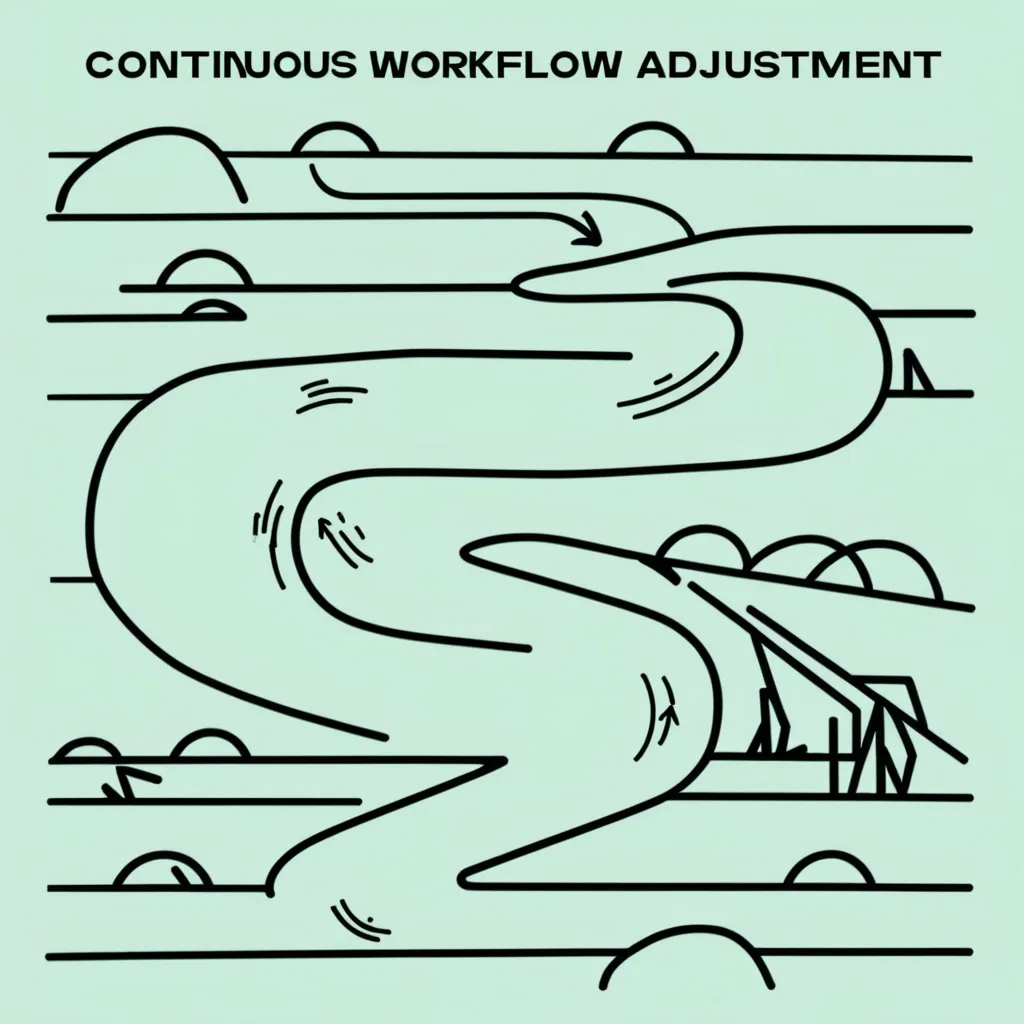Imagine walking through your front door after a long, demanding day. Pause for a second—what do you hear? Is it the low hum of the dishwasher, overlapping conversations, or maybe the nervous tick of a phone notification? The sounds filling our homes don’t just fade quietly into the walls; they directly affect how we work, relax, and connect. Over the years, I’ve learned that while most advice focuses on eliminating noise, there’s a more nuanced way: intentionally shaping what we hear to sharpen focus and soothe tension. Let’s look at how you can fine-tune your home’s sound environment with strategies rooted in neuroscience, technology, and design.
Consider the open-plan living space. While open layouts encourage togetherness, they also import distractions into every corner. Here’s a little-known fix: install white noise machines or use smart speakers programmed to emit gentle broadband frequencies in key spots—between the kitchen and work area, for instance. When timed and placed thoughtfully, these sounds don’t just mask chaos; they carve out “zones” of acoustic privacy. Research shows conversational distractions can drop by up to 40% with this kind of targeted masking. Ever wonder why your mind drifts less in a coffee shop than in your living room during a Zoom call? Those soft, unstructured murmurs—the “coffee shop effect”—are acting as a natural filter, making it easier to focus. Can you think of a space in your home that could benefit from this subtle, science-backed trick?
“Silence is a source of great strength.” — Lao Tzu
But not all soundscapes are created equal. One of my favorite methods involves curating playlists that serve a specific cognitive purpose. Analytical tasks—sifting through spreadsheets, writing reports—thrive on routines built around beta-wave music in the 14–30 Hz range. Combine that with a steady 60 beats per minute, and your brain slips into a state of productive calm. On the flip side, when a creative boost is needed, I queue up ambient tracks featuring flowing water or bird calls. These natural cues activate divergent thinking and make creative brainstorming sessions more fruitful. Automate this with your devices: set your playlist to start with your morning coffee or trigger soothing sounds at the end of the day. How would your daily rhythm shift if you scheduled your sound as carefully as your meetings?
It might surprise you that the materials in your home hold the key to long-term acoustic comfort. Often, the ear fatigue or “mental fog” we feel after hours at home has less to do with volume and more to do with harsh, bouncing echoes. Heavy curtains, plush rugs, and fabric-wrapped panels aren’t just for aesthetics—they absorb high-frequency energy that makes conversation and music tiring to process. I recommend focusing these materials where you want the highest clarity: home offices and reading nooks. Try clapping your hands in a room with and without soft furnishings. Notice the difference in sharpness? That’s your home’s acoustic signature, and it’s easier to improve than you might think.
“Music is the shorthand of emotion.” — Leo Tolstoy
There’s a new generation of adaptive sound systems that has transformed how I manage my auditory environment. These devices learn your routines and anticipate your needs. Imagine a speaker that dims its volume as you wind down in the evening or gently rouses the household with upbeat sounds as soon as it senses movement in the morning. This isn’t futuristic—it’s possible now, and it brings consistency to your routines without the need for another remote or app. By letting technology adjust your environment passively, you free up mental space for what matters most. Have you considered what it would feel like if your home “knew” when to help you find focus or relax?
We rarely think about sound direction in our homes, but sonic zoning is becoming a practical necessity, especially with multiple people working, studying, or relaxing under the same roof. Directional speakers can beam high-frequency focused sounds—like a conference call or educational video—directly to one area, while maintaining a gentle background ambiance elsewhere. This spatial separation allows for simultaneous activities: one person can attend a remote seminar while another enjoys quiet reading across the room. What if you could give each corner of your house its own personality, simply by shaping how sound moves?
“Where words fail, music speaks.” — Hans Christian Andersen
Let’s move to a lesser-known but powerful tool: ultrasonic cleaning devices. These gadgets use high-frequency sound waves beyond the range of human hearing. Their purpose? Purifying air by agitating and dislodging airborne particles, all without a trace of audible noise. Place one discreetly in the bedroom or your meditation space, and you’ll likely notice fresher air and easier breathing without the constant drone of a fan or purifier. It’s acoustic hygiene at the next level: nurturing focus, health, and serenity without adding to the sonic load.
One of the hardest, yet most rewarding strategies I’ve practiced is a daily sound fast. Ninety minutes, once a day, devoted to total auditory rest. No music, TV, podcasts, or digital chimes—just the natural hum of your home or, if possible, true silence. At first, this is challenging. But before long, it resets your sensitivity to sound, making purposeful listening—whether music, conversation, or the sounds of nature—much more powerful and restorative. This break isn’t just about escape; it’s about regaining control over your sensory inputs. How do you feel when you step outside into nature or walk into a quiet church after a busy morning? That’s your mind recalibrating, and it’s a sensation you can invite into your home each day.
“Listen to silence. It has so much to say.” — Rumi
Why let sound shape you passively? With just a few adjustments, you can transform background noise into an active ingredient for well-being and focus. These aren’t just tweaks for comfort—they’re investments in mental clarity, emotional regulation, and the soft connections that make home feel safe. I encourage you to start with one strategy: maybe install a white noise machine, schedule your playlists, or dedicate a corner to sound-absorbing materials. The results can be surprisingly immediate.
What’s most compelling about this approach is that it doesn’t try to shut out the world. Instead, it teaches us to tune our homes the way a skilled musician tunes an instrument: with care, intention, and a bit of experimentation. Over time, these small, science-based interventions create an environment that’s not just quieter, but sharper, calmer, and more deeply connected to what you care about. How might your relationships, productivity, or self-care rituals change if every sound in your space was working for you, not against you?
“Without music, life would be a mistake.” — Friedrich Nietzsche
Your auditory landscape is as influential as your diet, your lighting, or the air you breathe. Making it intentional is one of the most effective ways to foster resilience and restore calm at home—without breaking the bank or remodeling your walls. Start today, experiment with the strategies that resonate most with your lifestyle, and watch your home transform into a place where focus and calm are not just aspirations, but everyday realities.






